1st February 2017
London, UK
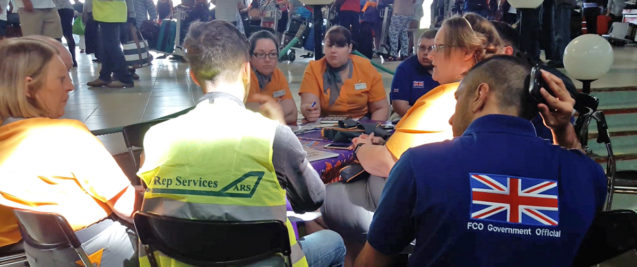
The Foreign and Commonwealth Office is always front and centre of the UK government’s response to an overseas crisis. They’re always high pressure events and lives are often on the line. Depending on the scale there’s a whole set of processes and teams that swing into action, all centred around our Crisis Management Department (CMD), […]
Read more on Digital in a crisis: the Gambia | Reply
9th June 2016
London, UK
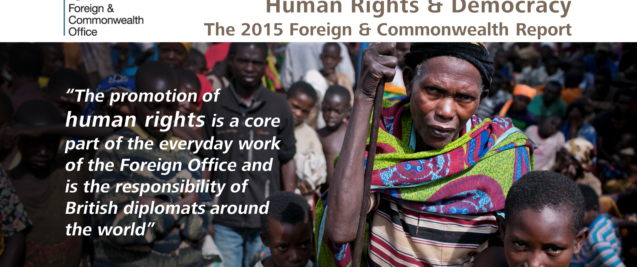
As the Foreign Office’s Social Media Manager I spend much of my time distilling the intentionally nuanced and traditionally multilayered world of diplomacy into something engaging and consumable. Case in point: The Foreign Office’s (FCO) annual flagship Human Rights and Democracy Report comprises around 50 pages of expert analysis of the issues the world and […]
Read more on Promoting Human Rights | Reply
29th September 2015
This post was published when the author was in a previous role
Digital Diplomacy is a key part of our work in the UK Foreign and Commonwealth Office. We are encouraged to use social media and become closer to our audiences, to engage with and listen to them – it helps us reach a much wider range of stakeholders than through traditional methods of diplomacy. I started […]
Read more on Social Media & Ethiopia: a discussion with some top ‘influencers’ | Reply
28th May 2014
This post was published when the author was in a previous role
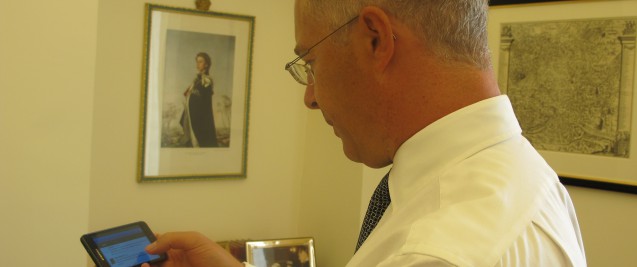
The Foreign and Commonwealth Office and our global diplomatic network lead the way in the development of digital diplomacy (or “Twiplomacy” as it is sometimes called: Twitter + Diplomacy). Some people, retired diplomats amongst them, have been critical of “tweeting ambassadors”. Yet our experience has been a positive one. Whether we like it or not, we […]
Read more on Digital diplomacy, communications and the Holy See | Reply
17th March 2014
Havana, Cuba
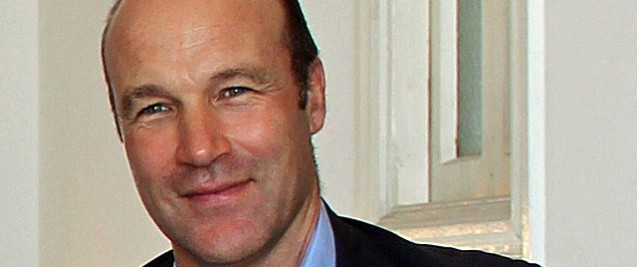
A lot of my diplomatic counterparts in Havana look completely bemused when I talk to them about Twitter or tell them what my last blog was about. That’s not because they don’t know what Twitter or blogging is but because they don’t really see social media as playing a role in their daily diplomacy. Many […]
Read more on Why on earth would an Ambassador in Cuba tweet? | Reply
14th March 2014
Havana, Cuba
A lot of my diplomatic counterparts in Havana look completely bemused when I talk to them about Twitter or tell them what my last blog was about. That’s not because they don’t know what Twitter or blogging is but because they don’t really see social media as playing a role in their daily diplomacy. Many […]
Read more on Why on earth would an Ambassador in Cuba tweet? | Reply (2)
19th December 2013
Washington DC, USA
In my lifetime, the rise of digital communications has changed nearly every aspect of our daily activities. And in foreign policy, the world is changing as a result of digital’s ability to give a voice to so many. We have seen social media play a huge role in regime change in the Arab world, we have […]
Read more on Making all voices count online and “IRL” | Reply
22nd November 2013
London, UK

Within the context of a globalized environment, each institution, whether public or private, needs to take the maximum advantage of social media channels, which usually include very low costs and have a wide range of coverage. In an embassy like ours in San Salvador, the digital work and maximization of resources takes great relevance because […]
Read more on Digital Diplomacy in El Salvador | Reply (2)
31st May 2013
Havana, Cuba
I’m the British Ambassador to Cuba and I’ve decided to start this blog. The idea is to write about the United Kingdom and Cuba, everything that joins them together and one or two things that separate them. Of course, the British Embassy in Havana already uses lots of digital platforms for communication – for example, […]
Read more on Starting the conversation | Reply (44)
12th October 2012
London, UK
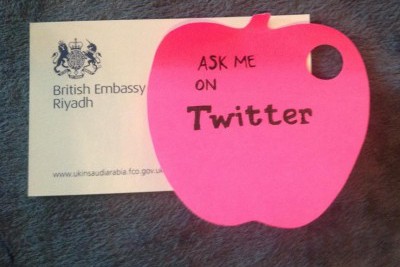
Last week digital communicators from the Middle East, North Africa and our central communications teams in London and New Delhi met in Beirut – a unique chance for everyone to share the excellent work they’ve been doing and look at new opportunities.
Read more on Digital Diplomacy in Beirut | Reply





